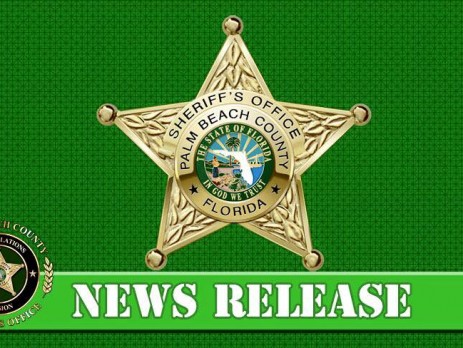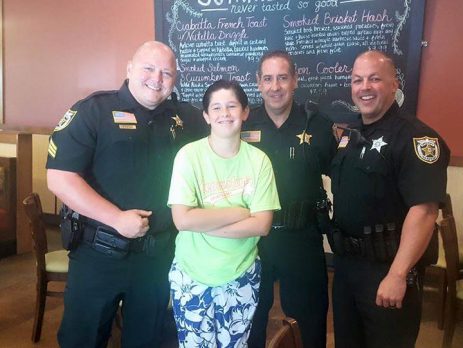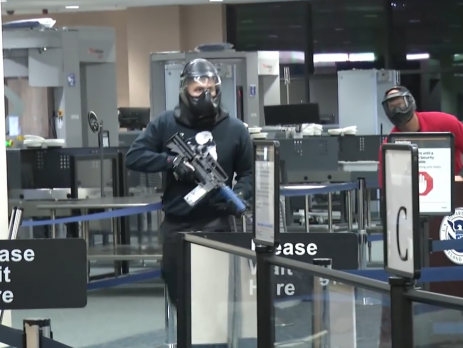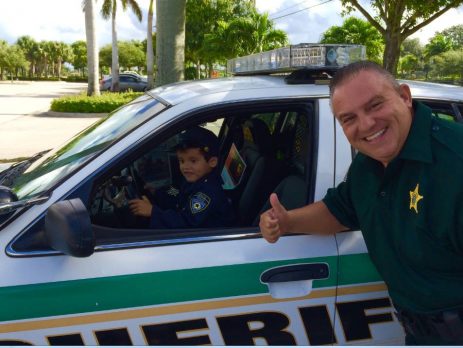- Home
- Inside PBSO
- Our Communities
- District 1 – West Palm Beach
- District 2 – Mangonia Park
- District 3 – North County
- District 4 – Delray Beach
- District 5 – Western Palm Beach County
- District 6 – West Boynton Beach
- District 7 – Boca Raton
- District 8 – Wellington
- District 9 – Royal Palm Beach
- District 10 – Lake Park
- District 11 – South Bay
- District 12 – Pahokee
- District 13 – Belle Glade
- District 14 – Lake Worth
- District 15 – Loxahatchee-Acreage
- District 16 – Greenacres
- District 17 – Town of Loxahatchee Groves
- District 18 – Westlake
- District 19 – Town of South Palm Beach
- District 20 – Palm Beach Shores
- Arrest & Jail
- Services
- Careers
- How Do I…
- Find an Inmate
- Visit an Inmate
- Send an Inmate Mail/Money
- Request Records
- Access Badging
- File a Police Report
- Submit Suspicious Behavior
- See Crime in my Area
- Access the Employee Portal
- Acquire Fingerprints
- Submit a Commendation
- Report PBSO Misconduct
- Get a Disabled Permit
- Get an Alarm Permit
- Request an Off-Duty Deputy
- Civil Service Fees
- See the Fugitive Most Wanted
- Victim/Witness Rights
- Apply for a Trespass Sign
- Family Risk Guide
- Contact Us







